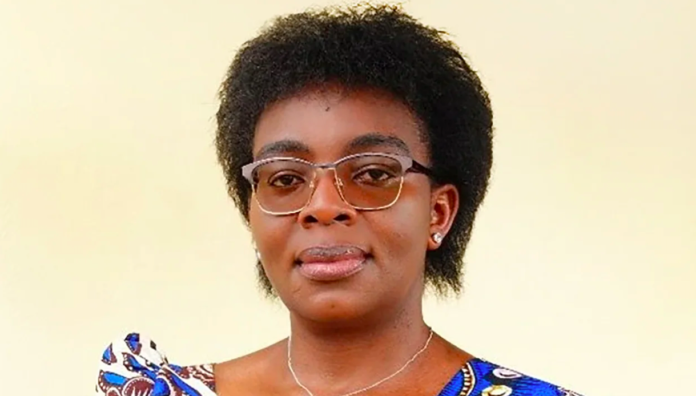A Rwandan opposition politician, Victoire Ingabire Umuhoza, who publicly criticized the UK’s deportation deal, is now expressing fears for her safety. In a column for The Guardian, Umuhoza questioned Rwanda’s treatment of refugees, drawing ire from a presidential adviser who accused her of “waging war on her compatriots.”
Umuhoza, who spent eight years in jail after a trial widely criticized by human rights groups, has received warnings of threats against her life. These concerns heightened after the presidential adviser, an ally of Paul Kagame, accused her of “maligning Rwanda” in international media.
In response to UK Prime Minister Rishi Sunak’s reaffirmed plans to fly refugees to Rwanda, Umuhoza voiced her views in several media interviews. After a Supreme Court ruling deemed Rwanda unable to ensure refugee safety, Sunak introduced a new bill declaring Rwanda a safe country, aiming to overcome legal obstacles.
The situation escalated when an adviser to Kagame, Joseph Rwagatare, condemned Umuhoza in a media outlet, labeling her “gravely sick” with “ingratitude.” Rwagatare accused her of waging war on her country, criticizing her statements on the BBC’s Hardtalk program as biased and confirming foreign prejudices.
Umuhoza’s concerns for her safety are rooted in the ominous warnings she has received on social media. Threats accusing her of “sedition” and conspiring with colonialists highlight the volatile atmosphere surrounding her dissenting views.
In the backdrop of this controversy, it has come to light that £290 million has been pledged to Rwanda between 2022 and 2024, with additional tranches to be paid in 2025 and 2026. This financial commitment raises questions about the broader implications of the UK-Rwanda asylum deal.
Umuhoza’s history adds complexity to the situation. Arrested in 2010 upon returning from exile as the leader of the United Democratic Forces party, she faced charges including collaborating with a terrorist organization and “minimizing the genocide.” Her trial, criticized by Amnesty International and others, resulted in a 15-year imprisonment. She was released in 2018 after a pardon from Kagame, with five of her eight years spent in solitary confinement.
The political landscape in Rwanda has been marred by accusations of Kagame’s involvement in the assassination and kidnapping of political opponents. Notable victims include Patrick Karegeya, the former intelligence chief, and Kayumba Nyamwasa, the former army chief of staff. These incidents contribute to the heightened concerns surrounding Umuhoza’s safety.
As Umuhoza faces threats and fears for her safety, the UK-Rwanda asylum deal remains under scrutiny. The intersection of politics, human rights, and international relations underscores the complex challenges surrounding asylum policies and dissenting voices in Rwanda.
































































